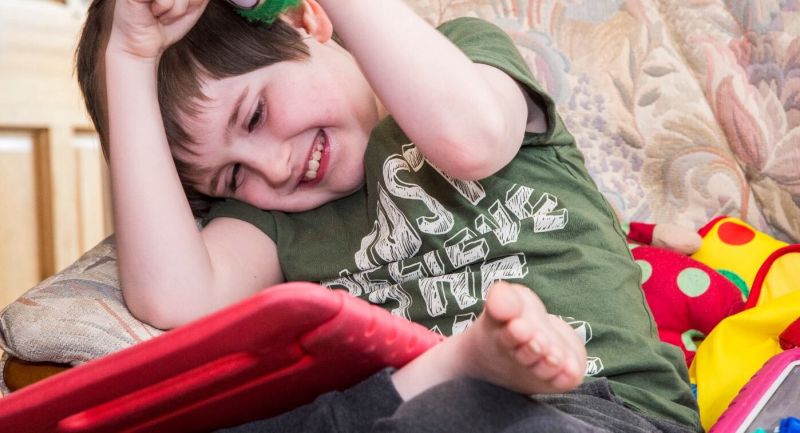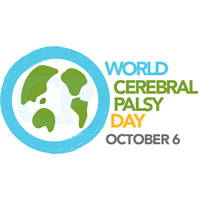
“I am here.… We are here… and we want to the world to know!” That is the message of advocacy and self-advocacy that people with cerebral palsy and those who work with them want to convey on Friday, October 6, World Cerebral Palsy Day 2017. This campaign involves six key issues:
Public awareness and putting an end to stigma and stereotype. When people know what cerebral palsy is and is not, they are more likely to know the best way to interact with those who have the condition. For example, impaired or labored speech may lead outsiders to accidentally believe the person with CP has a cognitive disability when, in fact, he or she does not. Moreover, otherwise well-intentioned people will interact with those with CP by talking in a childlike way or look upon them with pity.
Civil rights at all levels: national, state, and local. People with cerebral palsy have the right to accessibility in public buildings, transportation, and walkways. They have the right to vote and advocate for themselves and their peers. They have the right to information and jobs.
Medical and therapeutic knowledge and information. The three primary medical and therapeutic issues are addressing the cause (though, at present, this is not entirely known), early diagnosis to ensure proper care during the critical first years of life, and effective treatment that include physical and occupational therapy, speech therapy, and cognitive interaction. Recently, physicians and researchers worldwide have pledged to work together to create clinical practice guidelines for diagnosis and early intervention of cerebral palsy.
Quality of life beyond mere survival. Beyond medical and other therapies, the overall well-being of people with cerebral palsy is of paramount concern, that is, that providing access to family and residential support services that enable them to participate in all aspects of community living with the greatest degree of independence and fulfillment possible, both in their home and the community. It also involves offering respite services to families.
Education for people with cerebral palsy and those who teach them. Children with CP have the right to a “full and appropriate public education.” Inclusion involves more than placing the student in a corner and ignoring him or her. These children deserve full interaction according to their intellectual ability, as well as well-trained educators to teach them. Education is the key to an independent and fulfilling life; with advocacy and assistive technology, college can be a possibility, not just a dream.
Making a contribution to the community and society, economically, socially, artistically, and politically. A fulfilling life is one that enables a person to contribute to society, through employment, social opportunities, artistic expression, and political involvement, including exercising the right to vote.
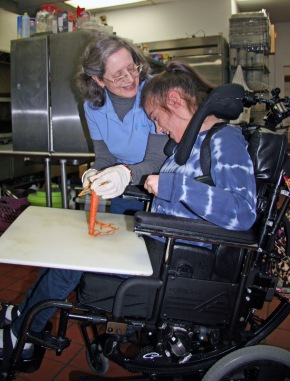 Cerebral palsy is the most common physical disability and childhood birth defects. The condition affects physical movement, but people with CP may have any one or a combination of learning, intellectual, visual, or hearing disabilities. Worldwide, more than 17 million people living with CP, and some 350 million family, friends, and professionals support and care for and about them.
Cerebral palsy is the most common physical disability and childhood birth defects. The condition affects physical movement, but people with CP may have any one or a combination of learning, intellectual, visual, or hearing disabilities. Worldwide, more than 17 million people living with CP, and some 350 million family, friends, and professionals support and care for and about them.
Before we were Advancing Opportunities, our agency was known as Cerebral Palsy of New Jersey. Although our name change reflects the fact that we serve people with all disabilities in New Jersey, cerebral palsy is still a significant part of what we do.


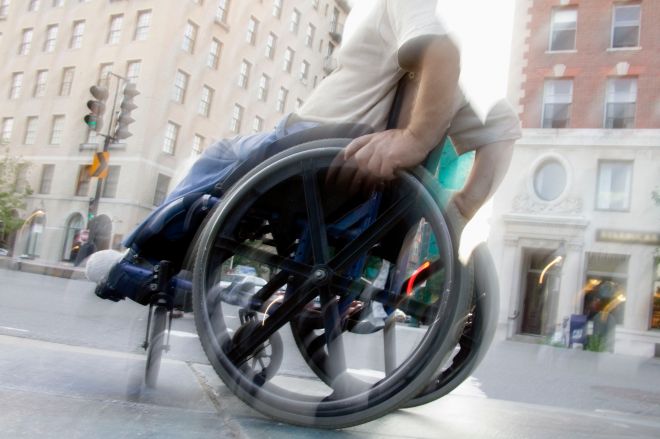
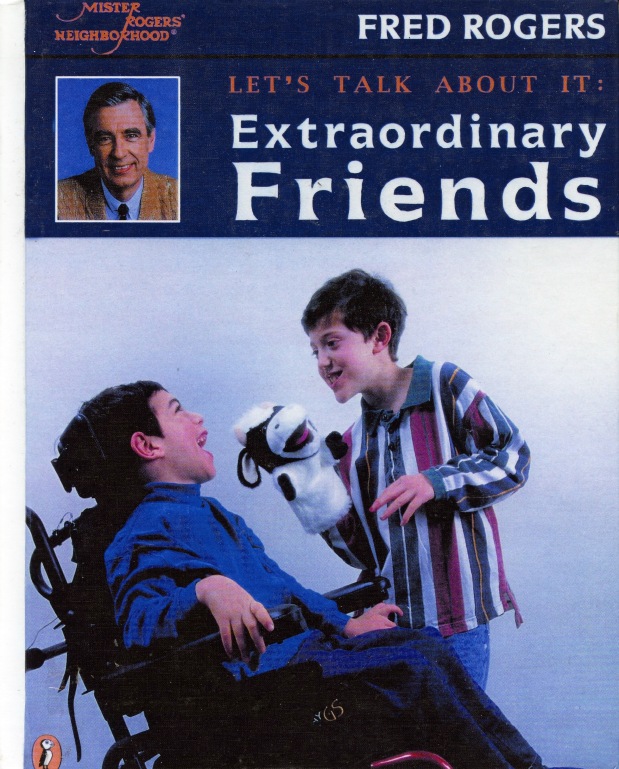
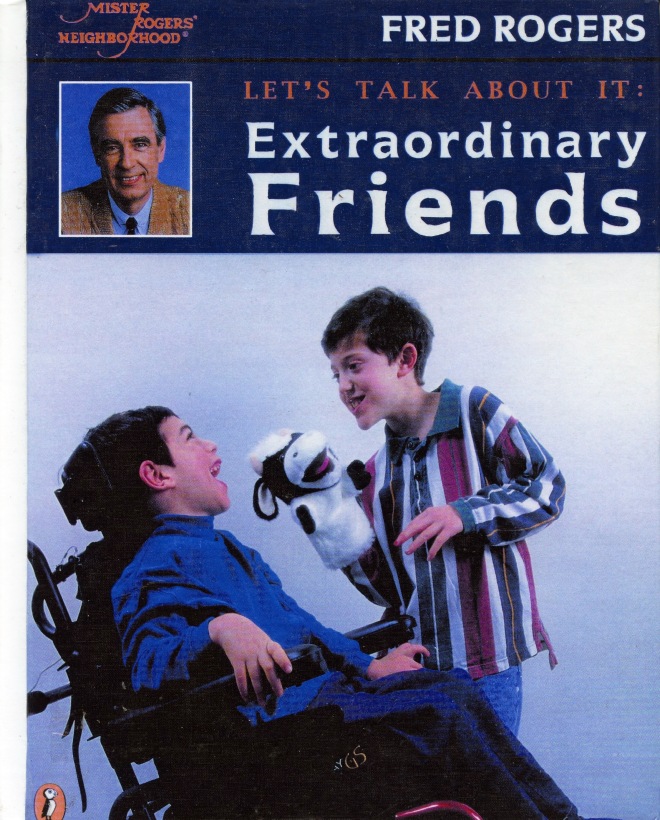
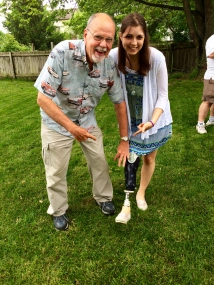 My super cool Uncle Ken is also an amputee! He showed me how to embrace the amp life long before I lost my leg.
My super cool Uncle Ken is also an amputee! He showed me how to embrace the amp life long before I lost my leg. 
 Cerebral palsy is the
Cerebral palsy is the 